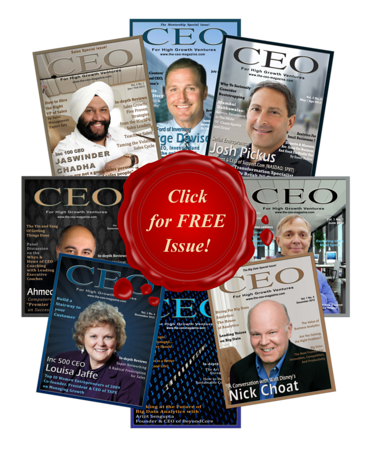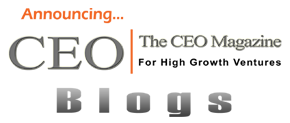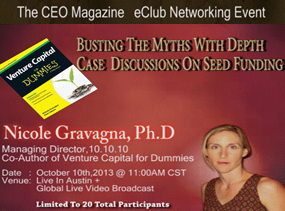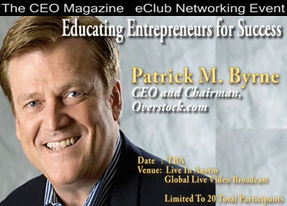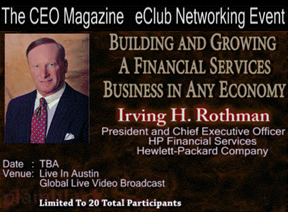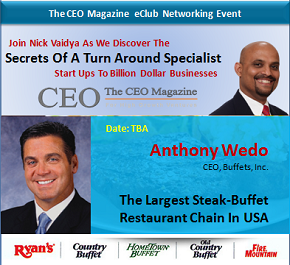You are here
- Robert E. Hall |
- Leadership |
- Thu, 05/23/2013 - 23:06
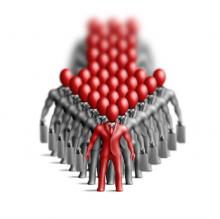
Leadership seems to get harder and harder. Jamie Dimon lives with daily headlines debating whether or not he will retain both jobs: Chairman and CEO of J.P. Morgan Chase. President Obama battles the curse of the second term while attempting to defend against debacles from Benghazi to the IRS. Leadership turmoil ranges across Greece, France, and Egypt. At a time there is such an outcry for the ideal of stronger leaders, reality presents us with leaders who are really struggling.
Just as telling, is a group of revered leaders who are not available. The adulation for the late Steve Jobs was surprising for a CEO whose company produced incredible products and profits but who by most everyone’s assessment was a holy terror to work for, outsourced over 700,000 jobs to China and represented incredible concentration of wealth. In the 2012 presidential election it was the candidates who did not run that were often most revered: Hilary Clinton who lost to President Obama in 2008, Mitch Daniels governor of Indiana and Chris Christie governor of New Jersey. It seems the way to be really highly regarded as a leader is to, well, not be in a prominent role of leadership.
It is hard to explain why all the leaders we have look so weak, while the ones we can’t have look so attractive. Is there a shortage of available leaders or have we lost the herding (following) instinct that leadership requires? It is not accidental that at a time when there is so much talk about bottom-up, de-centralized, participative leadership and the democratization of information, that leadership seems to have fallen on bad times. Three key changes have changed the relationship between the leader and the herd.
First, the herd is more informed. Historically the leader had much better access to information but in recent years that balance has materially shifted. Now when we go to our doctors we may have more information about symptoms, diseases and possible cures than they have – even if we may lack the skill to interpret it. In politics we know more about the latest news or at least gossip from places like Drudge and Politico. In business our insight on finance, deals and business news from places like Dealbook greatly changes the balance. “Leader knows best” has been replaced by, “Herd knows much better if not best.”
Second, the herd has more power. Information is power and as leaders have lost the information advantage they have given up control to influence and even to decide. The herd – stakeholders such as customers, employees, shareholders, suppliers, competitors – can access and distribute information worldwide instantly. The herd has become very powerful in influencing, shaping and even overturning decisions and actions that are counter to late-breaking information. Ron Johnson, former CEO at J.C. Penney learned just how quickly decisions and leaders can be rescinded. The herd morphs into a mob quickly, overpowering formerly powerful leaders.
Third, leaders preside over divided herds. Herds historically were more unified partially because of limited and homogeneous information, highly controlled by leaders. While we hear members of today’s herd pine for the good ole days of unity, they do so without a hint of desire to become less informed. Accordingly, empowered herds pull leaders in very different and often mutually exclusive directions.
What we can conclude is the act of leading in today’s highly democratized informational world plants the very seeds for disillusioned herds and disparaged and deposed leaders. Never have leaders had such powerful communication tools to tell their story and yet never have they existed in a world of so many varied stories and opinions by their stakeholders.
The words of Rudyard Kipling ring true:
Now this is the Law of the Jungle -- as old and as true as the sky;
And the Wolf that shall keep it may prosper, but the Wolf that shall break it must die.
As the creeper that girdles the tree-trunk the Law runneth forward and back --
For the strength of the Pack is the Wolf, and the strength of the Wolf is the Pack.
Somehow the leader and the pack (herd) have fallen out of sync. Leadership is the force that brings the two together but it also requires followership that is willing to be led. If in a democratic and capitalistic society, we get the leadership we deserve, then leadership must be revived but so must followership. That is a worthy and urgent goal.
Follow The Blog
Blog Categories
- Business Ops. (45)
- Editors (3)
- Entrepreneurship (196)
- Finance (25)
- Leadership (529)
Blog Authors
- Guest Blogger (835)
- Cynthia Kay (92)
- Linda Henman (78)
- Dianna Booher (46)
- Craig Ross (31)

